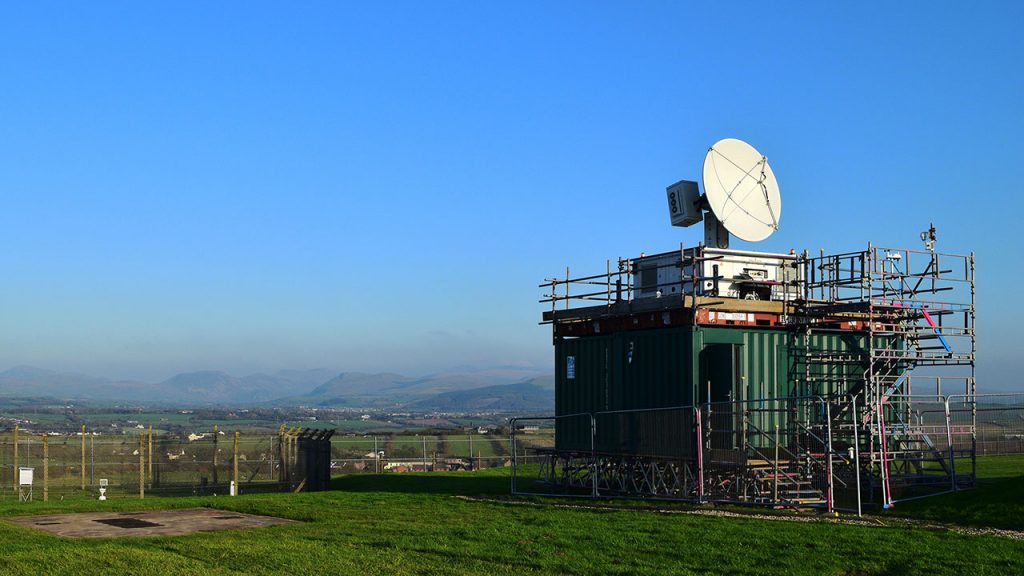
Research partnerships
The National Centre for Atmospheric Science recognises the fundamental importance of partnerships in almost every aspect of our research and innovation.
We champion ideas across our organisation, community, and at the interface of disciplines and sectors. As part of our five year Research and Innovation Strategy, we set out priorities for cutting-edge science that include continually adapting our research as new opportunities emerge, forging new partnerships to foster the atmospheric science community, and opening up new fields and applications of our research.
UK partnerships
The National Centre for Atmospheric Science has long-term partners in the UK, including the universities that host our staff and facilities, other NERC-supported centres, the Met Office, the Science and Technology Facilities Council (STFC) and the Environment Agency.
Partnered working has led us to undertake independent reviews for BBC weather forecasting, monitor emissions for the oil company Total, and support companies to commercialise products that can green global finance.
International partnerships
International partners are frequently essential collaborators in our research programmes, and we have formed strong links with leading organisations around the world.
We are closely tied to the U.S National Centre for Atmospheric Research, especially in regards to climate models.
In Africa, we are involved with pioneering weather research, bringing together researchers from universities and meteorological institutions in Kenya, Nigeria and Senegal.
In Europe, we have links with many major research centres. We were responsible for leading the scientific investigation into the Icelandic Eyjafjallajokull volcanic eruption, a major global incident.
In 2018, the International Panel for Climate Change (IPCC) invited five climate experts from the National Centre for Atmospheric Science and our projects to participate in their sixth assessment report. This report helped to update and inform the Paris Agreement.
